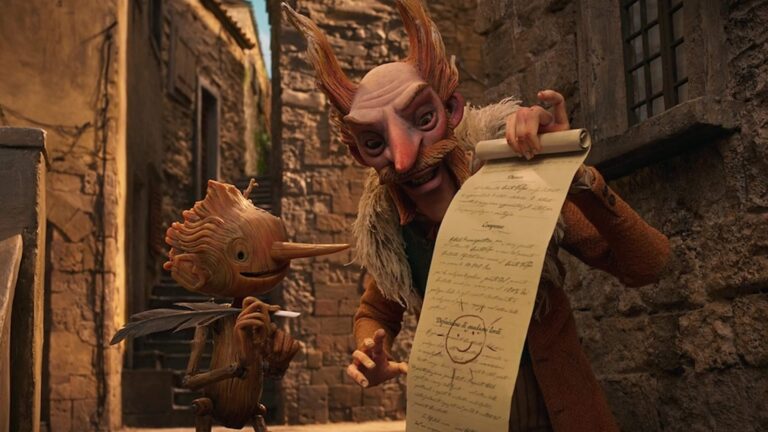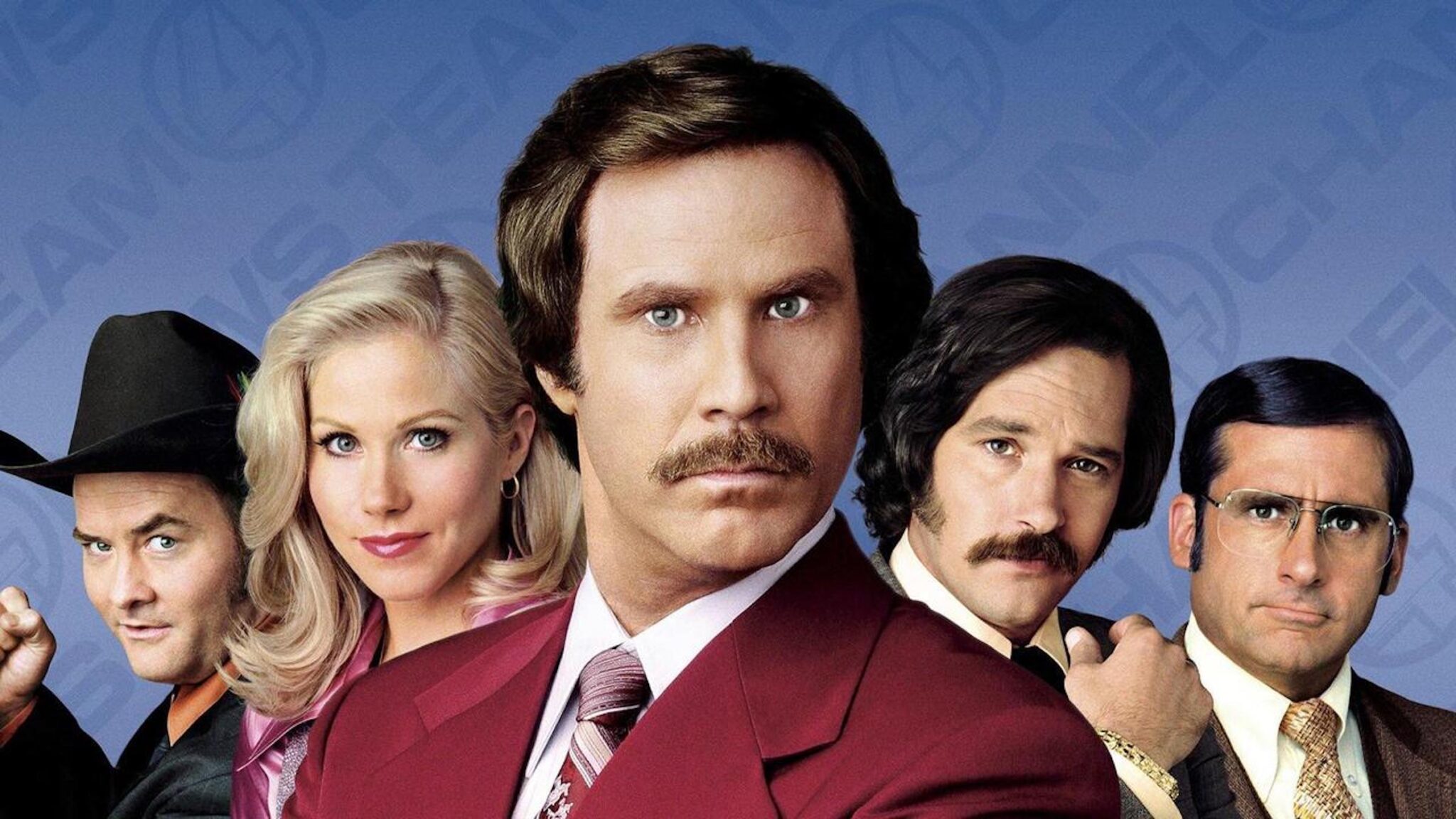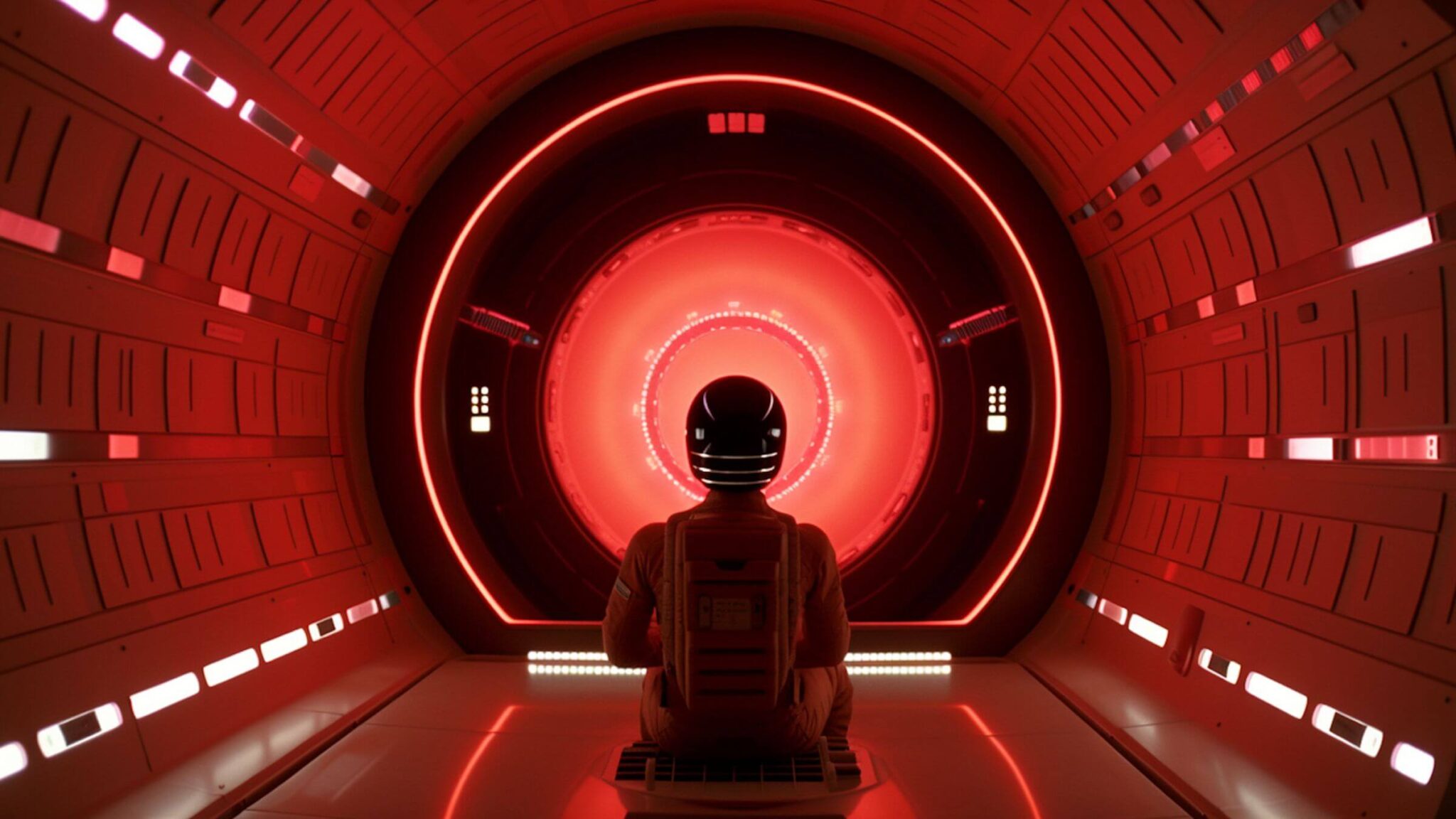How to Use Kurt Vonnegut’s 'Glass of Water' Rule in Your Writing

“Every character should want something, even if it is only a glass of water.” –Kurt Vonnegut
Screenwriters talk a lot about goals.
I don’t mean personal goals — although we discuss those quite often too — I’m referring to character goals. The things our characters want and need. The things that ultimately force them to take action and make decisions and go through the story we’re telling.
But sometimes the idea we have in our head isn’t shaped much like a story at all. It has a really interesting character, a great setting, or a compelling premise, but no structure, no arc.
That’s where Kurt Vonnegut comes in.
What Is Vonnegut’s Glass of Water Rule?
In his book Bagombo Snuff Box, author Kurt Vonnegut laid out eight rules for writing, the third of which was the following:
"Every character should want something, even if it is only a glass of water."
While Vonnegut may have been writing these rules specifically for short fiction, this rule, in particular, can be interpreted as something of a guiding star principle for screenwriters.
Vonnegut’s “Glass of Water” rule is simple.
Every character should want something. Great, easy enough. And that something doesn’t have to be complicated at all, it can be as simple as a glass of water.
How Vonnegut’s Glass of Water Rule Can Help You
We writers tend to overcomplicate things. In our attempt to be original and stand out from the neverending pile of other scripts, we create complicated plots, character arcs, and story structures, often at the detriment to what’s really important: a concrete goal.
Establishing a Goal
A goal creates story arc and structure; it inherently provides a trajectory for the story because the protagonist will either succeed or fail at getting the thing they want.
Let’s use the glass of water as an example for a moment.
Say we have a character named Wendy, who really desperately wants a glass of water. Getting that glass of water is her goal, the thing she’ll be working toward in the story.
What does she do? Well, it depends on the situation obviously. In the most uneventful version of the story, Wendy goes downstairs, opens the fridge, and pours herself a glass of water. There are no obstacles or conflicts and the story is over in less than 60 seconds.
But if she’s lost in a desert, broke and can’t afford to pay yet another water bill, or fighting for the last bottle of clean water on Earth in a post-apocalyptic setting, the glass of water takes on a whole new importance. It starts to give the story some shape because there are stakes.
Raising the Stakes
Even simple goals come with stakes — what will happen if the character doesn’t achieve their goal. If Wendy doesn’t get that last bottle of clean water on Earth, she might die. The true stakes are about life and death.
When your character wants something, that desire not only creates stakes but also comes with a deeper need. Wendy wants the water to quench her thirst, sure, but deep down she needs the water to survive.
Wants and Needs
Wants and needs are the bread and butter of screenwriting. Without them, our stories don’t have much shape at all.
Look at The Big Lebowski. What does The Dude want? It all goes back to that rug that really tied the room together. Maybe not quite as simple as a glass of water, but pretty close.
In fact, when you strip away all the story stuff and investigate what want is at the heart of most stories, you find a lot of incredibly simple desires.
Lady Bird’s titular main character just wants to get out of Sacramento. In Booksmart, the two friends want to spend their last night before graduation partying. All Jack Sparrow really wants in the first Pirates of the Caribbean movie is to get his ship back.
When your character wants something, that provides you, the writer, the opportunity to construct obstacles for them to overcome. It should never be as easy as walking downstairs and getting a glass of water — unless, of course, there’s a home invader lurking in the kitchen that Wendy must fight before she can get to the fridge.
Wants create stakes and obstacles and point to deeper character needs. It’s never just a glass of water.
Seemingly simple wants fuel great movies. Elle Woods just wanted to get her boyfriend back, but Legally Blonde became about so much more than that. When his crew left him behind, Mark Watney had to find a way to survive on his own in The Martian. Seems simple, until you add in the fact that he had to figure out how to survive on Mars.
So make sure your character wants something… even if it is only a glass of water.
Get Our Screenwriting Newsletter!
Get weekly writing inspiration delivered to your inbox - including industry news, popular articles, and more!



























